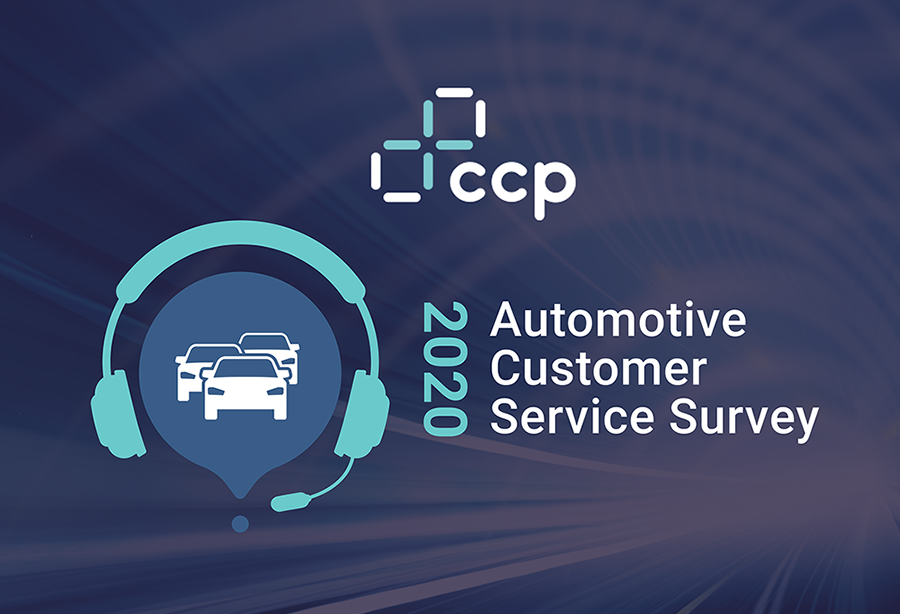
New annual survey highlights key trends within the industry
The survey focuses on the key topics affecting customer service interaction. It will be run annually to monitor, track and highlight any market changes in areas such as customer interaction, digital transformation, purchasing, business process optimisation and macroeconomic influence.
2020 survey results are in…
The first Automotive Customer Service Survey was launched at the end of last year and has been completed by a number of leading vehicle manufacturers and retail businesses, including Aston Martin, Avis Budget Group, Enterprise Rent-a-Car, Renault, Honda, Hyundai, Mazda, Mitsubishi and Pendragon.
The results are now in and have highlighted a number of interesting insights into the current and future shape of customer service delivery within this highly competitive global marketplace.
Communication channels and AI adoption
It may be no surprise to learn that voice, social and web chat are used by almost all the businesses that responded. However, only 50% currently use Artificial Intelligence (AI) or Bots within their customer service provision, this is a surprisingly low proportion given the well-publicised accelerated adoption rates of AI and its suitability for repeatable inbound enquiries.
Although, the survey also showed that 60% of participants believed the use of AI and Bots would rise at the expense of agent handled Webchat, over the next 3 years.
This is a statistic we will watch closely in the future, to see if these predictions become true and the industry starts to take advantage of the cost and speed benefits made possible through the adoption of AI and Bots.
Showrooms: value-add or cost-inefficient?
Showrooms came out as the second most popular customer service channel in the automotive sector. Whilst this is not surprising news, it does raise a point for manufacturers and dealerships in regards to the limitations of providing customer service from the showroom.
Many businesses are benefiting from centralising customer service – enabling the measurement of enquiry types in a ‘hub’ environment and the building and implementation of standardised processes to solve the most common issues faced by their clients. Centralised models help customer service departments to maximise training and development benefits, building strong customer service focused teams without having the added distraction of handling sales.
However, adding value to customer relationships through the showroom must not be undervalued. Vehicle manufacturers and retailers are faced with the dilemma of delivering consistent, centrally controlled customer service, against the more personal and familiar showroom experience, which many of their older demographics, Baby Boomers and Generation X, have become accustomed to and often prefer.
It will be interesting to see, from future surveys, how the rise of the millennial and the introduction of new technologies, such as Virtual Reality showrooms, will impact on future customer service interaction.
Environmental factors driving purchasing
Unsurprisingly, surveyors thought that environmental factors and changes to vehicle tax and legislation would be the main drivers for vehicle purchasing in 2020, with results showing a move away from diesel to electric as the top reasons, followed by finance offerings and a move to second hand.
Get involved
We are always looking for new participants for our surveys so if you represent an automotive manufacturer, retailer or are involved in delivering customer service for a business in the sector, and would like to provide your own insight into the topics shaping customer experience in your industry, get in touch. All participants will receive a full report on the findings of the survey. Call us on 0114 209 6120 or contact us by email.



